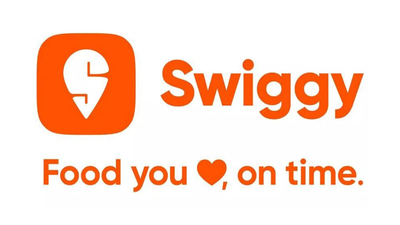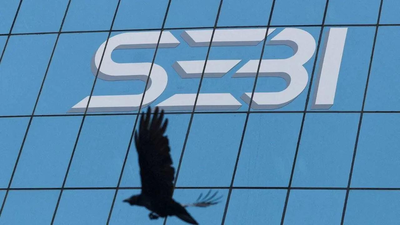Quick-commerce boom: Swiggy to expand use cases for Bolt

 They would preferably want their cup of coffee, an ice-cream or say a quick breakfast meal during the rush morning hours in minutes if they are given a choice, said Rohit Kapoor, CEO, food marketplace at Swiggy, for which its quick (food) delivery offering Bolt has been recording a double-digit growth, notching up higher repeat users.
They would preferably want their cup of coffee, an ice-cream or say a quick breakfast meal during the rush morning hours in minutes if they are given a choice, said Rohit Kapoor, CEO, food marketplace at Swiggy, for which its quick (food) delivery offering Bolt has been recording a double-digit growth, notching up higher repeat users.
“The impact of quick commerce is not just there on food delivery but it’s rubbing off on everything.
Quick commerce made consumers aware of the fact that they love speed.
We realised there is an entry point here where consumers are looking for faster deliveries….our data showed that and we built that (Bolt),” Kapoor told TOI.
Bolt, Swiggy’s 10-minute food offering, already contributes over one in 10 orders to the platform.
The company, which competes with Eternal (formerly Zomato) in both food delivery and quick commerce spaces, now plans to expand use cases under Bolt, said Kapoor.
The opportunity, for instance, lies in tapping into evening snacks and late-night meals which are often driven by hunger pangs, at times craving for certain food items and people wouldn’t want to wait. The food delivery market in India is largely a duopoly between listed players Swiggy and Eternal.
Swiggy also operates in the quick commerce space through Instamart, where it rivals Eternal’s Blinkit, Zepto and smaller players–Tata’s BigBasket, Flipkart Minutes and Amazon Now.
In the food delivery space, the growth strategy will be to get new users rather than launching in new cities, said Kapoor.
“The market will not grow when you keep focusing on the same set of consumers.
There is a job cut out in terms of going to the next set of consumers who are looking at food delivery or food in a different way,” Kapoor said.
And there’s enough scope—there’s the younger lot who are growing up in a “convenience economy” and with consumers becoming discerning, eating habits are undergoing a change, companies can widen their play by tapping into new demand spaces.
Swiggy today, for instance, offers high protein food as a separate offering within the app; it has also launched DeskEats targeted at professionals looking for easy meal options at work. Students and early jobbers would be the consumer cohorts it will focus on going ahead, said Kapoor.
“We are responding to consumers in multiple, different ways.
I don’t think food delivery as a singular model will exist,” said Kapoor.
Swiggy, which has posted wider losses in Q2 on the back of investments in quick commerce business, has been hiking delivery fees for food.
“For a platform to continue to do well, it must be healthy.
Financial profitability is a way of staying healthy and that ability comes from the right way of monetisation happening,” said Kapoor.
The food delivery business recorded an adjusted EBITDA of Rs 240 crore in Q2.



